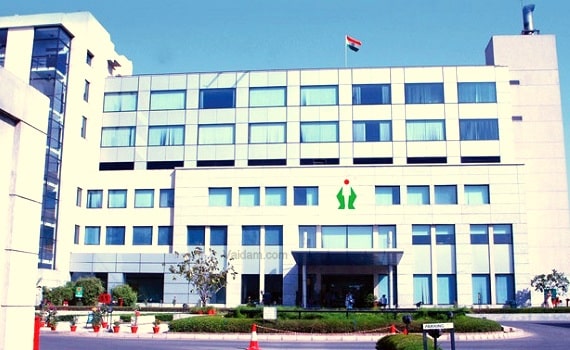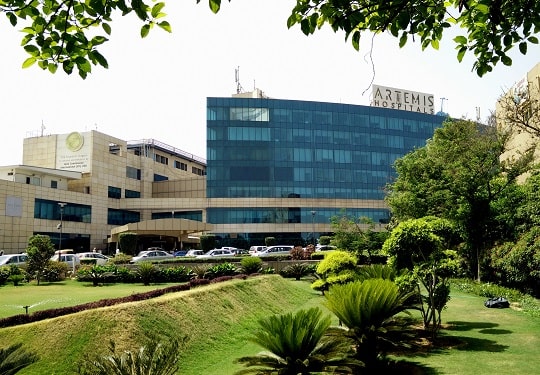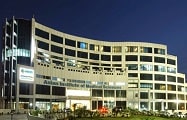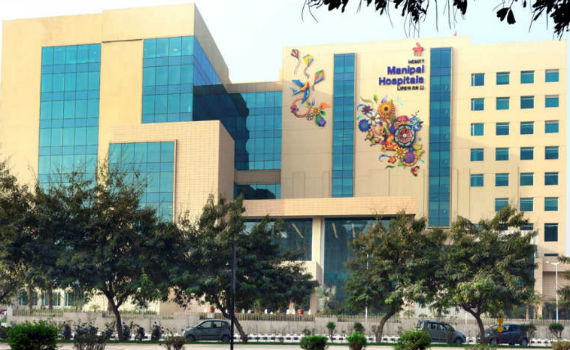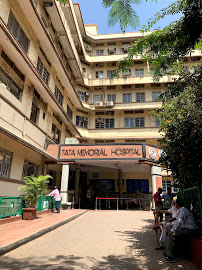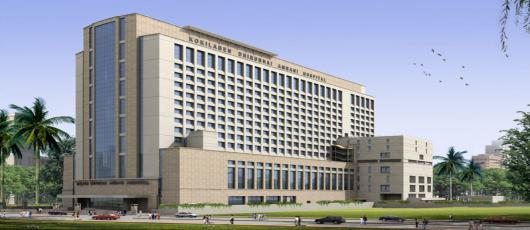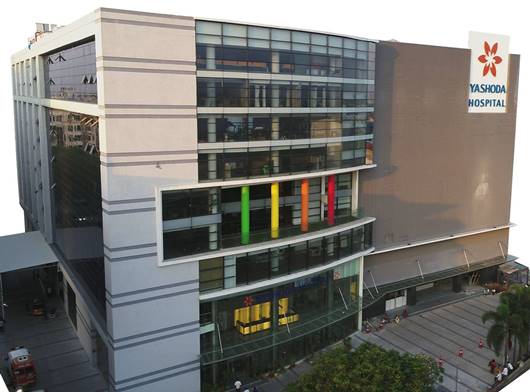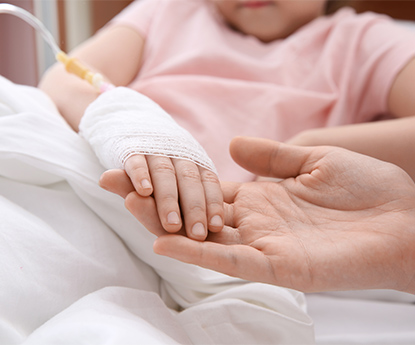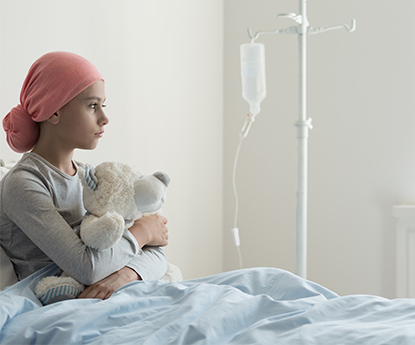Leukaemia
Leukaemia is the cancer of bone marrow and blood. It is the most common childhood cancer and accounts for about 30 % of all cancers in children. In India each year, 150 out of every 1 million children are diagnosed with cancer. Cancers affecting children are of a unique kind. Common symptoms are bone and joint pain, fatigue, weakness, pale skin, bleeding or bruising, fever, weigh loss amongst others.
Primary bone cancers (cancers that start in the bones) occur most often in older children and teens, but they can develop at any age. They account for about 3% of childhood cancers.
Leukaemia treatment procedure includes chemotherapy, surgery, radiotherapy or a combination of all.
In seeking treatment for a child diagnosed with cancer, do look for the following aspects while choosing the cancer care hospital:
- Multidisciplinary medical team that works together to decide the best treatment option for the child.
- Minimally invasive cancer surgery that reduces pain and shortens the child's stay in the hospital so that the child can return to daily routine soon.
- Advanced radiation therapy that ensures minimal trauma due to precise targeting of the cancer.
- Advanced pathological analysis of tumour to ensure the right dose of chemotherapy or radiation.
- Blood bank standards that are of international quality.
- Trained staff who are sensitive to caring for children with cancer and provide support to the family as well.
Bone Marrow Transplant
Acute Myelogenous Leukaemia (AML) is a type of blood cancer found in the bone marrow. Bone marrow is the soft inner part of bones. In acute leukaemia, the bone marrow produces immature cells that keep on building up in the body. These cells are also known as blast cells. Doctors may refer to AML as acute myelocytic leukaemia, acute myelogenous leukaemia, acute granulocytic leukaemia, or acute non-lymphocytic leukaemia.
In the early stages, Acute Myeloid Leukaemia symptoms may resemble those of common flu. The symptoms may differ based on the blood cell affected. Visit the doctor if any of the following symptoms is seen:
Prolonged Fever, Lethargy and fatigue, Bone pain, Pale skin, Shortness of breath, Frequent infections, Easy bruising, Unusual nose bleeding and gum bleeding
Diagnosis of AML
Blood tests are done to check the red and white blood cells and platelet count. This test also helps in diagnosing the presence of blast cells in the body.
Bone marrow test is a biopsy done to confirm the diagnosis.
Lumbar puncture (spinal tap) is done to remove fluid around the lower part of the spinal cord to check for cancerous cells.
If the tests are positive, the doctor may refer the patient to an oncologist, who specializes in cancer treatments or a haematologist, who is a specialist in blood or blood-forming tissues.
Acute Myeloid Leukaemia treatment depends on the subtype of the disease, overall health, age and medical preferences. Generally, the treatment is done in two stages:
Remission induction therapy is the first phase of treatment, which aims to remove leukaemia cells in the blood and bone marrow. However, this therapy does not successfully remove all the cancerous cells. Further treatment is required to prevent it from returning.
Consolidation therapy is conducted after the remission therapy, which aims to eradicate the remaining leukaemia cells from the body. This therapy helps in reducing the risk of relapse. Therapies used in both the phases include chemotherapy, stem cell transplantation, anti-cancer drugs and participation in suitable clinical trials.

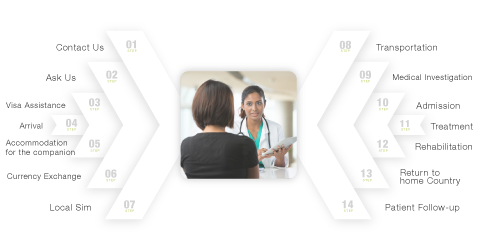
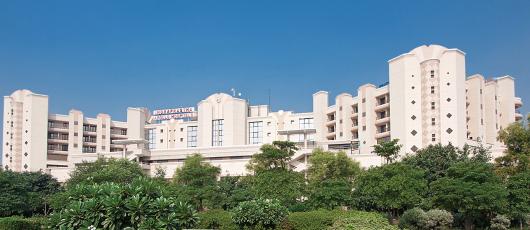
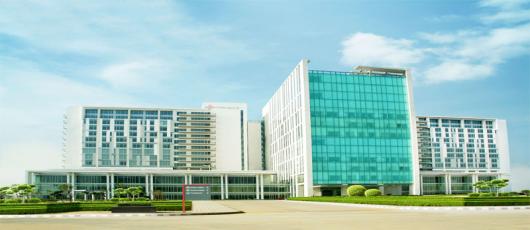
.jpg)
